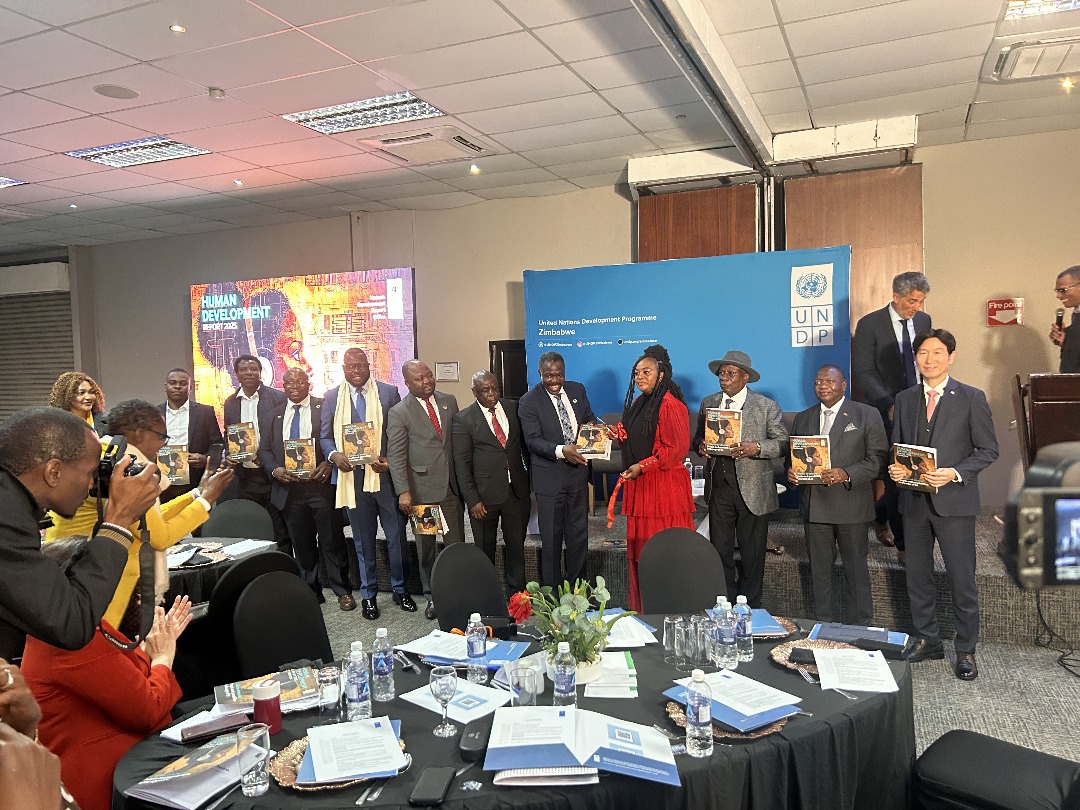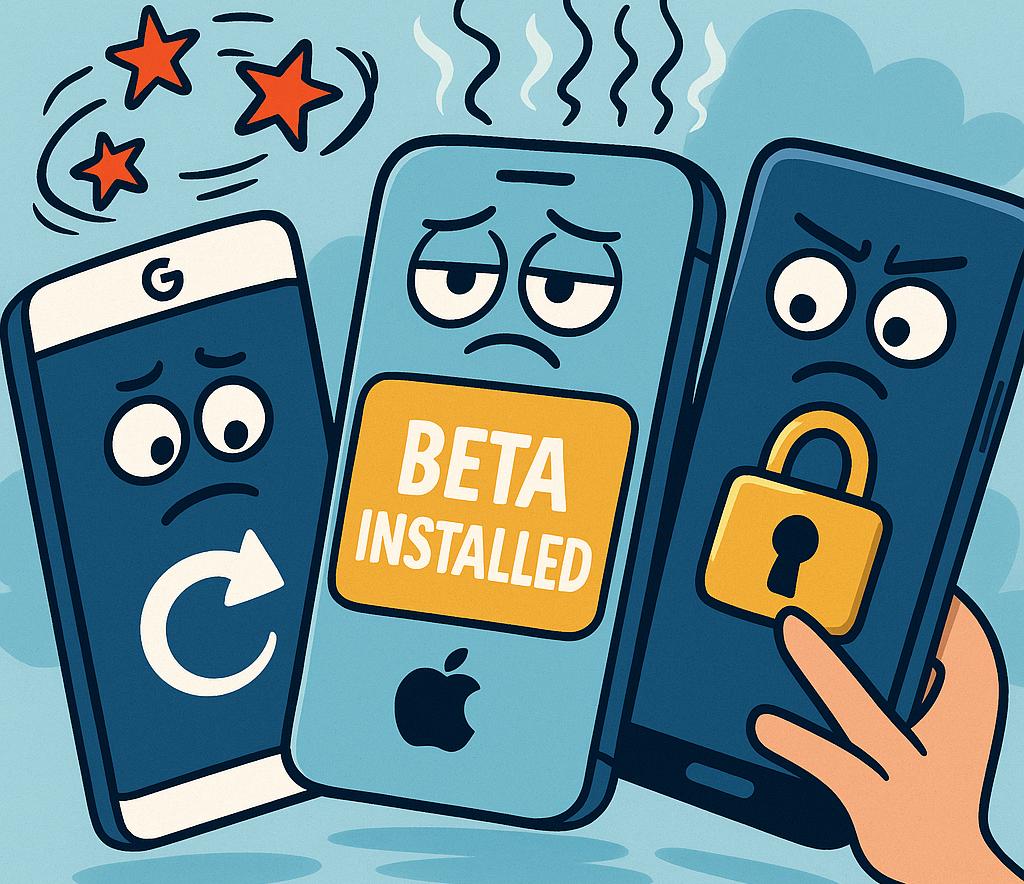Elon Musk, the world’s richest man and founder of Starlink, has continued his attacks on the South African government, claiming Starlink won’t get licensed because he is white. He called it a betrayal of Nelson Mandela’s legacy.
In a tweet posted yesterday, Musk wrote:
“South Africa has now passed 142 laws forcing discrimination against anyone who is not black!
Even though I was born in South Africa, the government will not grant @Starlink a license to operate simply because I am not black.
This is a shameful disgrace to the legacy of the great Nelson Mandela who sought to have all races treated equally in South Africa.”
The tweet was in response to a video documentary produced by AfriForum, a South African activist group that has pushed the controversial narrative of “white genocide” and claims that the government’s policies marginalize white citizens.
This is not the first time Musk has expressed frustration with South African policy. In March he said:
“Starlink is not allowed to operate in South Africa, because I’m not black.”
Musk appears to be referring to South Africa’s Black Economic Empowerment (BEE) laws, which require foreign companies to cede at least 30% of local ownership to historically disadvantaged groups—namely black South Africans, as part of post-apartheid redress – that is black people were shut out of the economy during the racist system of apartheid.
We will not go into whether BEE policies are right or wrong. Needless to say, there are many large foreign owned companies operating in South Africa legally.
And surprisingly, the Independent Communications Authority of South Africa (Icasa) said last month that Starlink had never submitted an application for a licence.
Starlink Licensed in the most of Southern Africa
Starlink, which offers satellite-based internet services and has been transformative in many rural and underserved areas globally, has already been licensed in several Southern African countries including Zimbabwe, Lesotho, Malawi, Botswana, Zambia, and Mozambique.
In contrast, South Africa remains one of the few holdouts—despite Musk being born there.
This has fuelled accusations that politics, not policy, are behind the delay. However, South Africa’s government has consistently insisted that the 30% equity rule applies to all telecom licensees without exception.
Of trade and hypocrisy
Musk’s comments mirror sentiments expressed by former U.S. President Donald Trump, who earlier this year issued an executive order encouraging the resettlement of white South Africans in the US to flee “persecution based on race and land seizure.”
Some critics of Musk have pointed out a contradiction: the U.S. has its own protectionist trade policies that echo the very barriers Musk decries in South Africa. For instance, the U.S. banned Huawei over national security concerns, is attempting to block TikTok from operating unless it sells its U.S. arm to American investors.
While it’s framed around security rather than race, they illustrate how even open economies like the U.S. enforce strict local ownership and control under certain conditions.
What Now for Starlink in SA?
As things stand, it seems unlikely that Starlink will launch in South Africa unless Starlink agrees to meet BEE requirements. Or, South Africa relaxes its BEE requirements. There was some indication this could happen.
With other Southern African countries embracing the service, South African users may resort to roaming workarounds or cross-border solutions, though those might not be legally sustainable in the long run.
Ofcourse public statements such as Elon’s and the reactions they draw from South African leaders complicate things. In February, South Africa’s Presidency spokesman Vincent Magwenya said on it:
“If a leading business figure like Elon Musk harbors the kind of unprogressive, racist views that we’ve witnessed and the peddling of lies that we’ve been confronted with, then we’re not going to pursue having his investments”













Comments
5 responses
In a way he is right. They want 30% of his company to be black. Why not just say 30% of your profits must help the poor in SA.
SA is right on BEE. Musk has to set up a local subsidiary that is 30% black owned and from that subsidiary he relinquishes 30% of frofits generated only in South Africa
I wonder, these European Africans want to remain privileged always. They think they are special and need to be treated differently. We need to imitate Ibrahim Traore and empower as much black people as possible.
If presently Starlink can work in South Africa without a cent used for any infrastructure or personnel within that country, why should it be asked to have a BEE partner? What will they want as 30%, the total worldwide value of Starlink which is more than US$180Billion, or the approximately US$0 spent on South Africa?
What they are doing to Starlink is the same as them requiring the companies operating ships and airlines which who operate in South Africa and those which pass through or fly across to cede 30% to BEE.
The irresponsible statements made by politicians about killing Boers during campaigning with noone being censored have contributed to the whites being offered asylum in the US. I hope any top level visit to America from South Africa will be for business deals and not about those who have taken asylum.
Its easier for the corrupt BEE big guys to get Elon’s 30% profit and squanderit than to want to get 30% ownership of his establishment in South Africa.
Why deny your white son the chance to promote advancement of the digital revolution in his own native country?
Are you afraid of competition?